Society
How people group together, organise their rules and systems are all part of what create a society. In this section articles examine the nature of society how it interacts with other themes of culture, power, etc. and how societies have developed and changed over time. The structures of the ancient world are explored as are the complex feudal systems and the varied societies of Empire and modernity.
Sort by:
Date (Newest first) | Title A-Z
Show:
All |
Articles |
Podcasts |
Multipage Articles
-

Recorded webinar: Shakespeare, history, and contemporary politics
ArticleClick to view -

Eastern Nigeria market women and European businesses in colonial Nigeria 1900–29
ArticleClick to view -

Making and breaking Britain’s national energy order
ArticleClick to view -

Real Lives: the long life of Old Tom Parr
ArticleClick to view -

Power and Freedom in Britain and Ireland: 1714–2010
30th October 2025Click to view -

Witchcraft, Werewolves and Magic in European History: on-demand short course
Multipage ArticleClick to view -

Out and About: Locating the Local Lockup
ArticleClick to view -
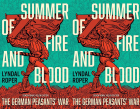
In conversation with Lyndal Roper
ArticleClick to view -
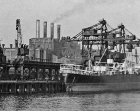
Doing history: Contemporary narratives and the legacy of the Dagenham Ford Factory Strike of 1968
ArticleClick to view -

Imperial spaces of a ‘miniature world’: the case of Rugby School, c.1828–1850
ArticleClick to view -

Mercurial justice: a Jesuit chaplain’s view of life in the prisons of sixteenth-century Seville
ArticleClick to view -

Finding Bad Bridget: the lives and crimes of Irish immigrant women in America
ArticleClick to view -

Schools of Vice: how a medical scandal led to the dismantling of Britain’s last prison hulks
ArticleClick to view -

James Macpherson: a Scottish Robin Hood
ArticleClick to view -
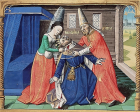
Coroners, communities, and the Crown: mapping death and justice in late medieval England
ArticleClick to view -

Uncomfortable secrets: uncovering family history and other stories
ArticleClick to view -

Doing history: Manorial Court Records
ArticleClick to view -

What caused the decline of trams in West Yorkshire?
ArticleClick to view -
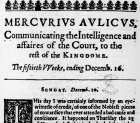
Piecing together the life and times of Charles I
ArticleClick to view -
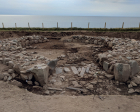
Archaeology on the edge
ArticleClick to view

